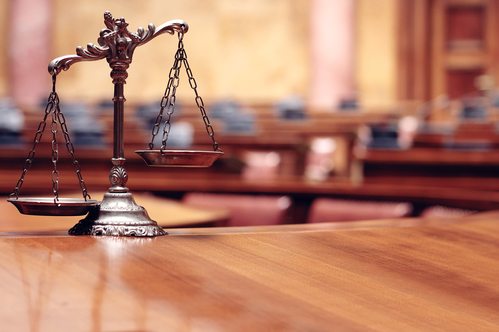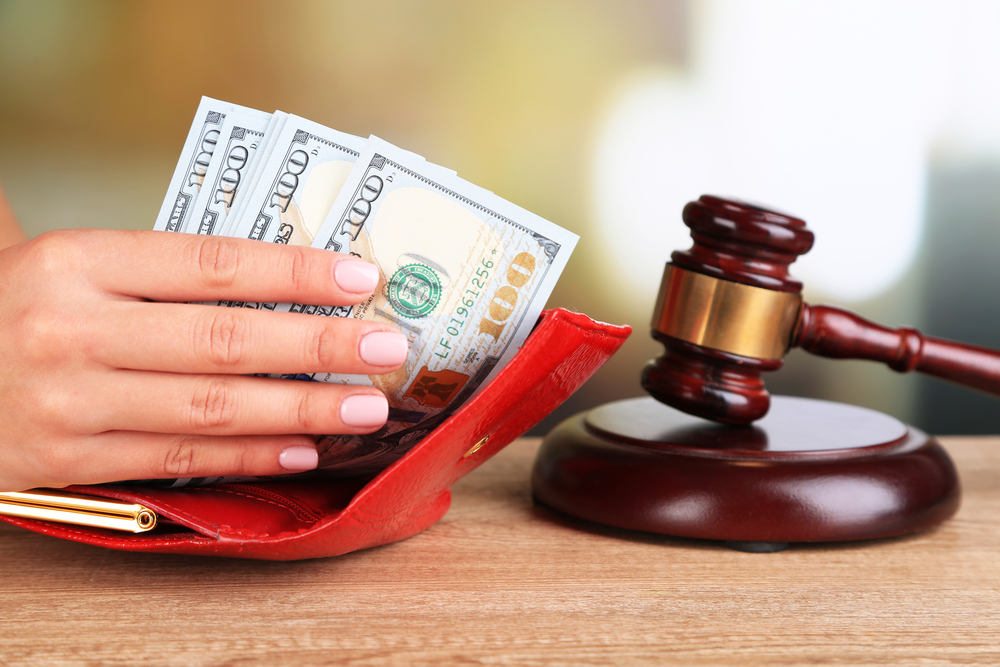At Utah Bankruptcy Professionals, we’re proud to provide bankruptcy attorney services to a wide variety of clients. We handle both Chapter 7 and Chapter 13 bankruptcy cases, assisting clients with everything from basic bankruptcy forms to filing methods, financial details and several other areas.
No matter which filing type you use, nearly all bankruptcy cases will include what’s known as a 341 hearing, or a meeting of creditors. This is a session where the debtor meets with the trustee appointed to oversee the case, who will ask numerous questions – in addition, creditors will be allowed to attend and ask questions themselves, though this is rarer. Here’s everything you need to know about 341 hearings in a bankruptcy case.
Preparation Elements
Before your 341 hearing, you’ll need to go over your bankruptcy petition in detail and either file an amendment or prepare to note this to the trustee during the hearing. Ensure there are no simple errors. In addition, you should bring the following:
- Approved photo ID
- Social Security card or another proof of your Social Security number
- Documents that signal any financial changes since your petition was filed
- A second set of bankruptcy paperwork for reference
- Anything else your trustee tells you to bring
Typical Trustee Questions
A meeting of creditors is one that occurs in a courtroom, and you’ll be one of several debtors scheduled during a given period. The majority of the session will involve the trustee asking several routine questions that are standard procedure to every debtor, plus some extra specific questions that apply to your case. Common trustee questions here may include:
- Did you review your bankruptcy petition and schedules before filing?
- Is all the information in these papers true and correct to the best of your knowledge?
- Have you filed for a previous bankruptcy?
- Did you disclose all your assets and list all your creditors?
- Have there been significant financial changes since your filing?
- Are you paying any domestic support obligations (child support, alimony, etc.)?
- Have you filed all tax returns properly?
- Have you made payments to creditors above an aggregate $600 in the last year?
- Are you owed money by anyone for any reason?
Creditor Appearance
While they will not always do so, your creditors are allowed to attend a 341 hearing and will be notified that it’s taking place. They might appear to ask you about recent cash advances or credit card purchases, or may desire information regarding disclosures that are different from a credit application. In many cases, creditors who appear will be hostile and looking for repayment.
For more on a 341 hearing for bankruptcy filing, or to learn about any of our bankruptcy lawyer services, speak to the staff at Utah Bankruptcy Professionals today.



